Product Specification
|
Specimen Types |
WB/Plasma/Serum |
|
Specimen Capacity |
WB:5μL; Serum/Plasma:3μL |
|
Reaction Time |
3 min |
|
Sample Capacity |
80μL |
|
Detection Range |
0.5-200mg/L |
Clinical Significance
CRP is used mainly as an inflammation marker. Apart from liver failure, there are few known factors that interfere with CRP production.
Normal levels increase with aging. Higher levels are found in late pregnant women, mild inflammation and viral infections (10–40 mg/L), active inflammation, bacterial infection (40–200 mg/L), severe bacterial infections and burns (>200 mg/L).
CRP cut-off levels indicating bacterial from non-bacterial illness can vary due to co-morbidities such as malaria, HIV and malnutrition and the stage of disease presentation.
Recent research suggests that patients with elevated basal levels of CRP are at an increased risk of diabetes, hypertension and cardiovascular disease. A study of over 700 nurses showed that those in the highest quartile of trans fat consumption had blood levels of CRP that were 73% higher than those in the lowest quartile.
3. Coronary heart disease risk
Arterial damage results from white blood cell invasion and inflammation within the wall. CRP is a general marker for inflammation and infection, so it can be used as a very rough proxy for heart disease risk. Since many things can cause elevated CRP, this is not a very specific prognostic indicator.
4. Obstructive sleep apnea
|
C-reactive protein (CRP), a marker of systemic inflammation, is also increased in obstructive sleep apnea (OSA). CRP and interleukin-6 (IL-6) levels were significantly higher in patients with OSA compared to obese control subjects. Patients with OSA have higher plasma CRP concentrations that increased corresponding to the severity of their apnea-hypopnea index score. Treatment of OSA with CPAP (continuous positive airway pressure) significantly alleviated the effect of OSA on CRP and IL-6 levels. |
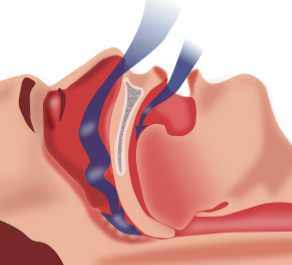 |
5. Rheumatoid arthritis
It has previously been speculated that single-nucleotide polymorphisms in the CRP gene may affect clinical decision-making based on CRP in rheumatoid arthritis, e.g. DAS28 (Disease Activity Score 28 joints).6. Viral infections
Increased blood CRP levels were higher in people with avian flu H7N9 compared to those with H1N1 (more common) influenza, with a review reporting that severe H1N1 influenza had elevated CRP. A study in South Africa involving more than a million SARS-CoV2 patients found in the 8000 patients who had CRP measured, CRP was significantly more elevated in the severely affected patients.


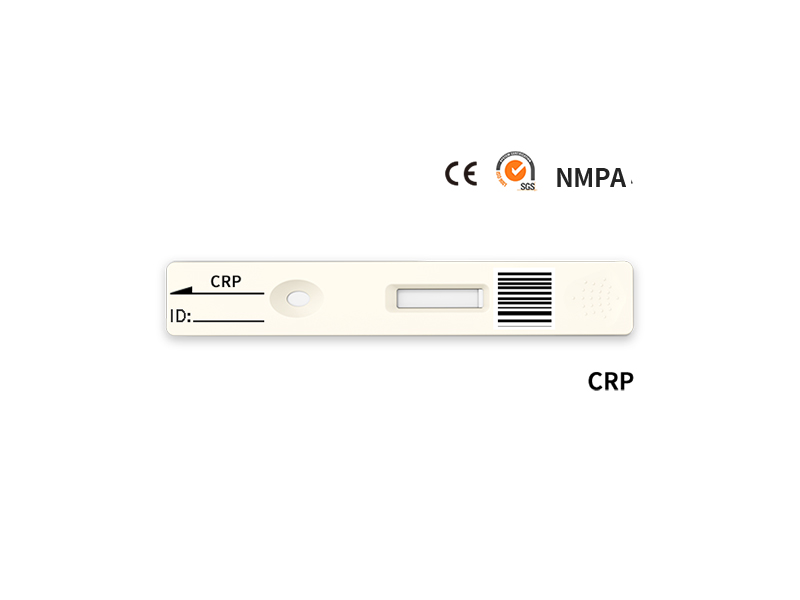
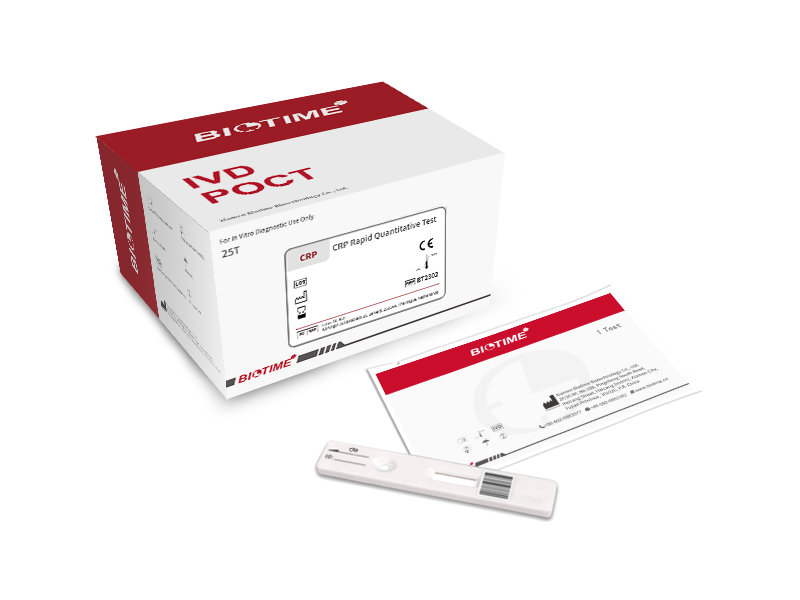
 General supplier
General supplier
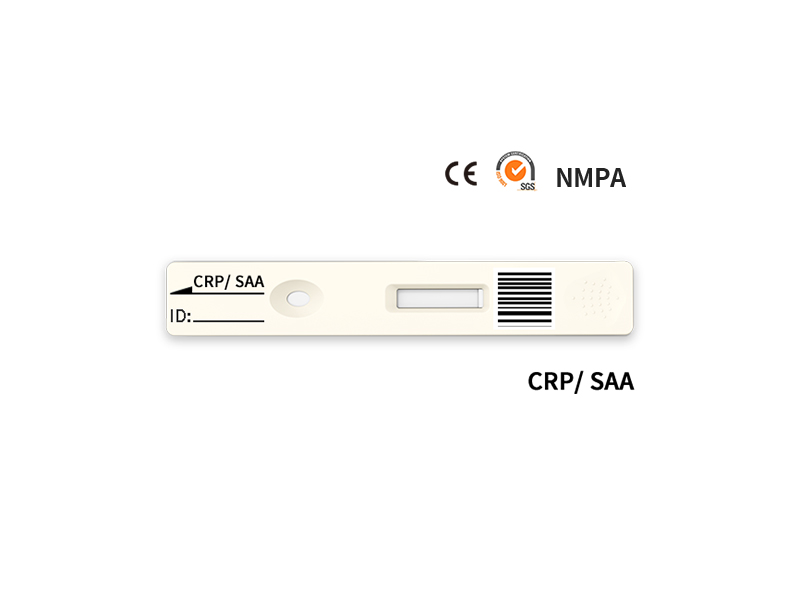
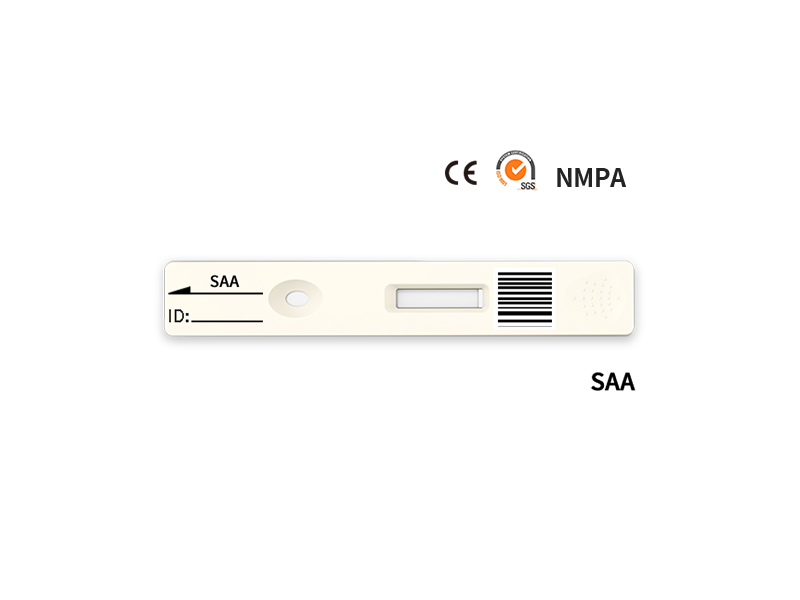
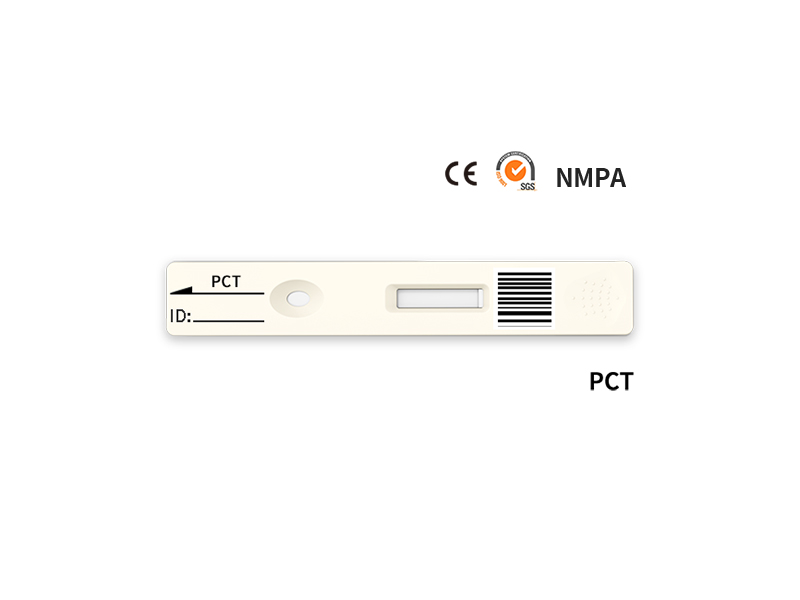
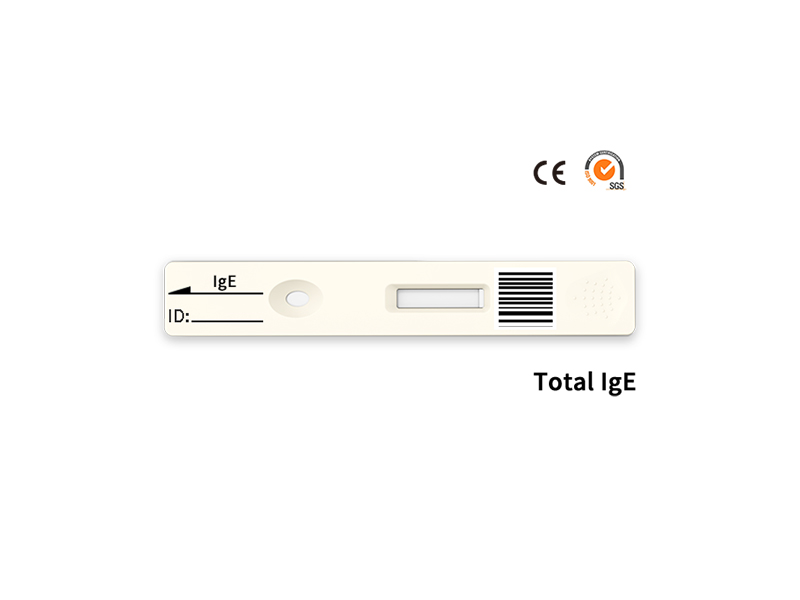
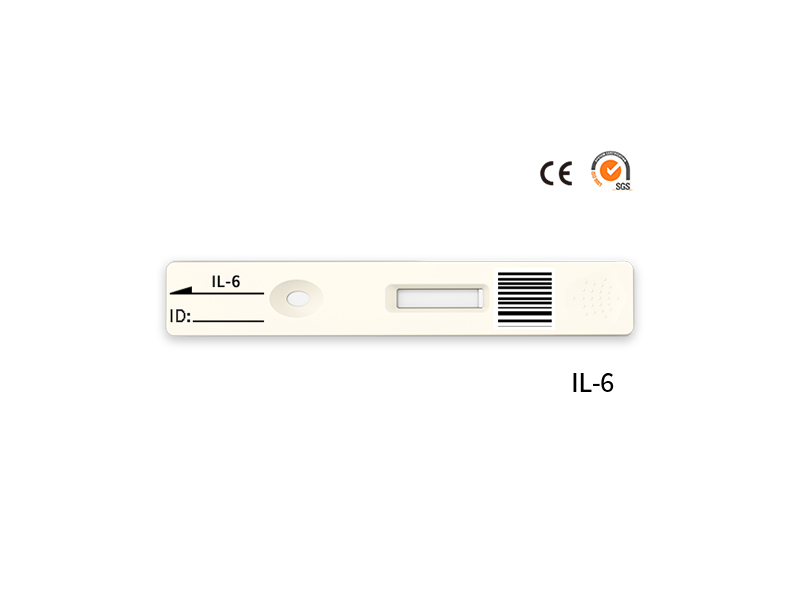



 Facebook
Facebook  Twitter
Twitter  Linkedin
Linkedin  YouTube
YouTube  Blogger
Blogger  Instagram
Instagram 
















